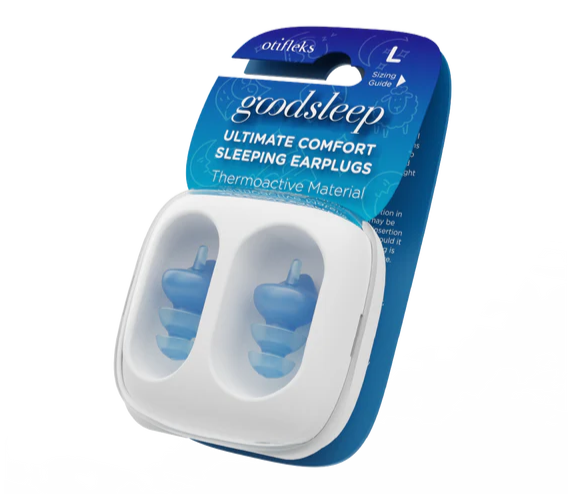For millions of people worldwide, snoring is more than just an annoyance; it’s a sleep-disrupting problem that affects both snorers and their partners. Among the many solutions available, ear plugs for snoring are often considered a simple and affordable option. But do they really work? Let’s explore the science behind ear plugs and their effectiveness in blocking out snoring sounds.
Understanding Snoring and Its Impact
Snoring occurs when airflow is partially obstructed during sleep, causing vibrations in the throat tissues. These vibrations create the characteristic snoring sound, which can range from mild to extremely loud. Studies have shown that the average snoring volume is about 50-60 decibels, but it can reach up to 90 decibels, comparable to the noise level of a lawnmower. Such loud noise can significantly impact the sleep quality of anyone nearby, leading to sleep deprivation, stress, and even relationship strain.
How Do Ear Plugs for Snoring Work?
Ear plugs are designed to reduce the amount of external noise that reaches the inner ear. They work by physically blocking sound waves, thereby reducing their intensity before they reach the eardrum. The effectiveness of ear plugs for snoring depends on several factors, including their material, fit, and noise reduction rating (NRR).
- Material: Ear plugs are commonly made from foam, silicone, or wax. Foam ear plugs expand to fit the ear canal, providing a snug fit, while silicone and wax ear plugs mold to the ear’s shape, creating a tight seal.
- Fit: A proper fit is essential for effective noise reduction. Ill-fitting ear plugs may allow sound to leak in, reducing their efficiency.
- Noise Reduction Rating (NRR): The NRR indicates how much noise ear plugs can block, measured in decibels (dB). Most ear plugs range between 20 to 33 dB in noise reduction. However, because sound transmission can also occur through bone conduction, no ear plug can completely eliminate snoring noise.
Scientific Studies on Ear Plugs and Sleep Quality
Research has shown that ear plugs can significantly improve sleep quality, especially in noisy environments. A study published in the Journal of Clinical Sleep Medicine found that using ear plugs in combination with an eye mask improved both subjective and objective sleep parameters, including deeper sleep stages and reduced wakefulness during the night.
Another study in the Sleep Health Journal examined the effectiveness of ear plugs in blocking out disruptive noises, including snoring. The results indicated that high-NRR ear plugs significantly reduced the perception of snoring sounds, leading to better sleep quality for partners of snorers.
Alternatives and Complementary Solutions
For those who find ear plugs insufficient or uncomfortable, there are alternative solutions to consider:
- White Noise Machines: These devices produce a consistent sound that can mask snoring noise, making it less disruptive.
- Noise-Canceling Headphones: Some sleepers prefer noise-canceling earbuds or headbands designed for sleep.
- Anti-Snoring Devices: Mouthpieces, nasal strips, or positional therapy can help reduce snoring at the source.
- Lifestyle Changes: Weight loss, avoiding alcohol before bed, and sleeping on one’s side can all help reduce snoring.
Conclusion
Ear plugs for snoring can be an effective tool for blocking out disruptive noise, particularly when using high-NRR, well-fitting ear plugs. While they may not completely eliminate all snoring sounds, they can significantly reduce their impact, leading to better sleep quality. However, for those who find ear plugs uncomfortable or ineffective, exploring alternative noise-masking solutions or addressing the root cause of snoring may be necessary. Additionally, for travelers or those frequently exposed to loud environments, flight ear plugs can offer similar benefits in reducing noise disturbances during travel.



